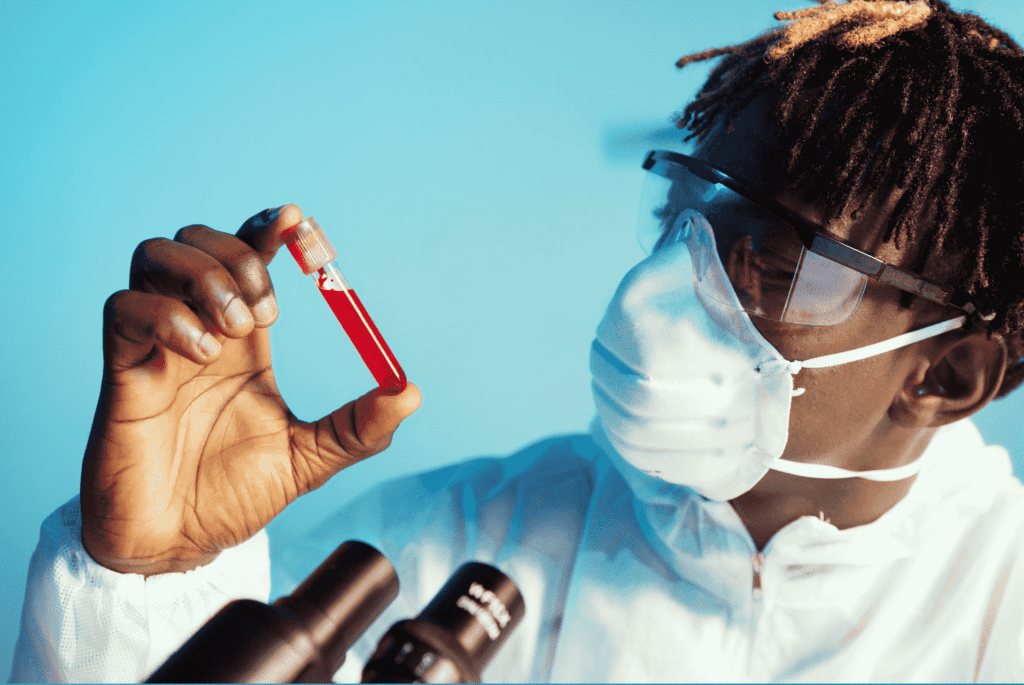Blood tests are some of the most commonly ordered workups by doctors. Doctors usually recommend patients get routine blood work at least once a year.
As adults, blood work is part of most examinations, even if we’re healthy. This article will examine why you should get routine blood work, how often you should get a blood test, and the different types of blood tests available.
Why you should get routine blood work
With most routine blood work, your doctor is trying to catch early signs of disease. Unless you have symptoms, your doctor will order routine blood work annually, usually during your physical, as a preventative measure. The tests your doctor orders will depend on your age, sex, family risk factors, and medical history.
Blood work consists of a variety of different panels that check for selective components in your blood. These components include electrolytes, hormones, and special proteins. Your doctor will order blood work for the following three reasons:
- Annual physical examination
- Underlying medical conditions
- Sudden appearance of symptoms
What are the common blood tests?
Your doctor will typically order panels that test for several conditions with one draw. Some of the common blood tests are:
- Complete Blood Count (CBC): most common blood test. A CBC measures components of your red and white blood cells, along with your platelets. You can learn more about CBCs at this blog post here.
- Comprehensive Metabolic Panel (CMP): a CMP checks your kidney function, electrolyte levels, blood sugar, and more. This test can identify common kidney and lung problems.
- Lipid Panel: a lipid panel checks for cholesterol and triglycerides in the blood. This test is an important early screening for coronary artery disease.
- Liver Panel: this test measures the enzymes, proteins, and other substances in your blood. The purpose is to check for your overall liver health.
How often should you get routine blood work?
The frequency of your blood work depends on both your overall health and your doctor’s discretion. Many blood tests are the same for all adults, but some may be ordered more frequently as you age.
Preventative care is an important aspect of medical practice. The purpose of blood work is to ensure all your levels are healthy. If something is abnormal, your doctor will want to run more tests and look into the issue further.
Fasting before blood work
Most blood tests require fasting for at least 8 hours prior to the test. This means you can’t consume anything aside from water.
Eating and drinking liquids other than water can alter your results. You can learn more about fasting before blood work in this blog post.
Where can I get routine blood work done?
You can get your blood work done at many places. Most hospitals have laboratories you can visit to get tests done. Other locations include:
Health labs: health labs, such as Your Health Lab, specialize in lab tests and blood work. Here at Your Health Lab, we offer over 3,500 diagnostic tests, including almost every type of blood test.
Point-of-care: this could be your doctor’s office at your appointment, inside an ambulance, a military clinic, and more.
Home testing: you can purchase some tests at pharmacies and do them at home. Though home testing kits are convenient, we always recommend coming into a lab for the most accurate results.
The bottom line
Getting blood work done is important for preventative health. You can get blood work done at most laboratories and clinics near you. Contact our team to book an appointment today.
